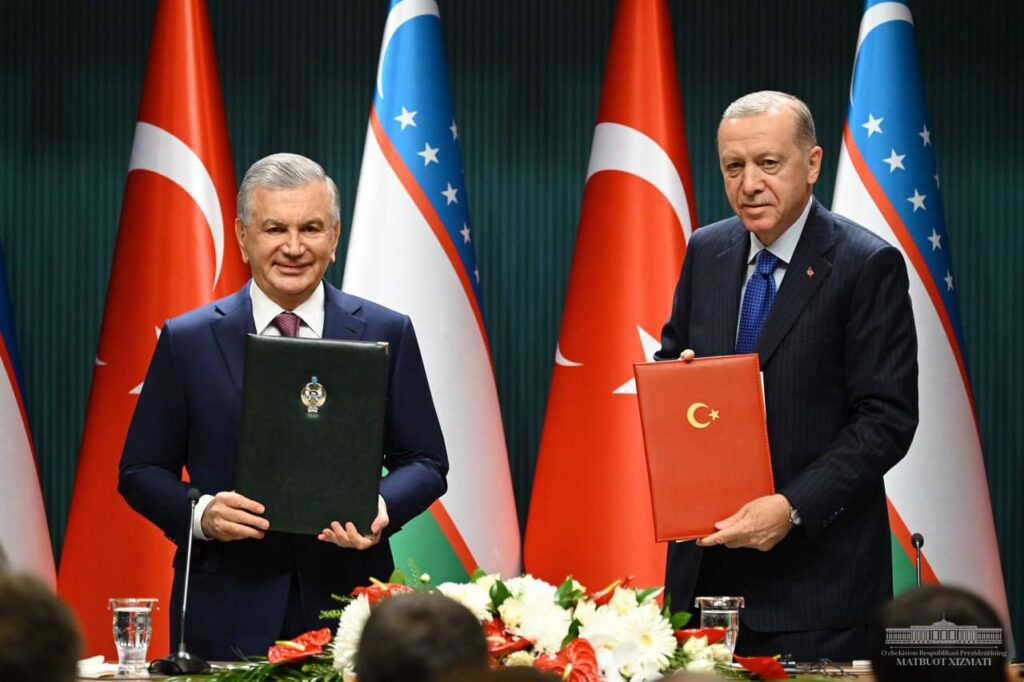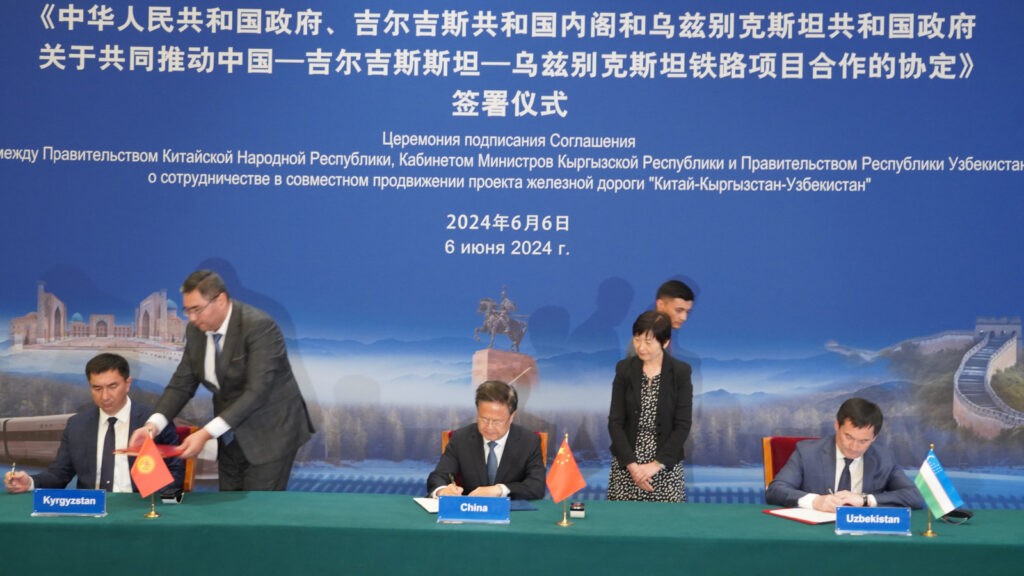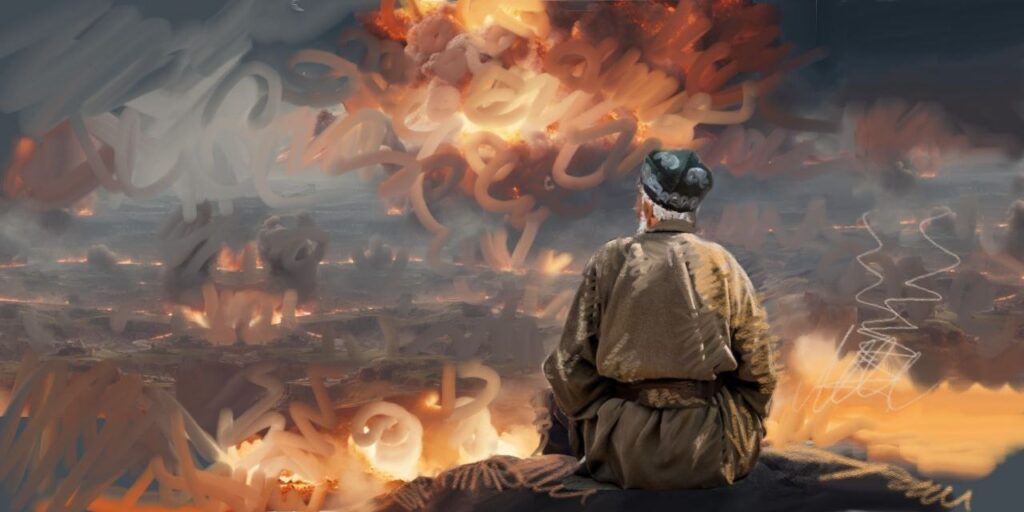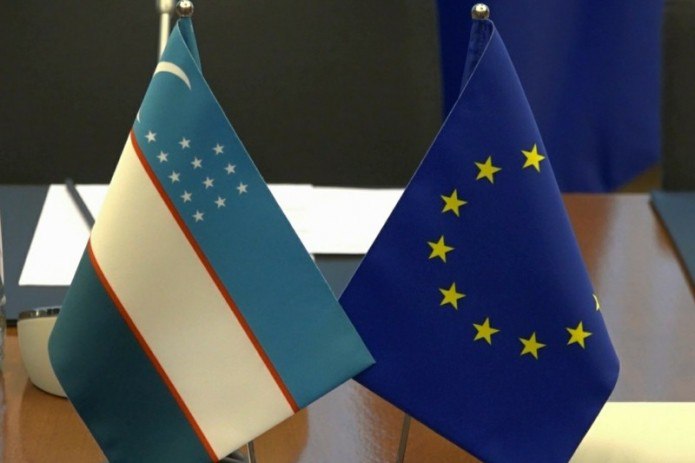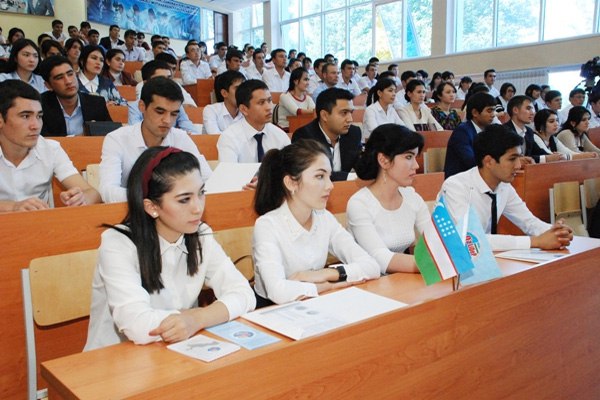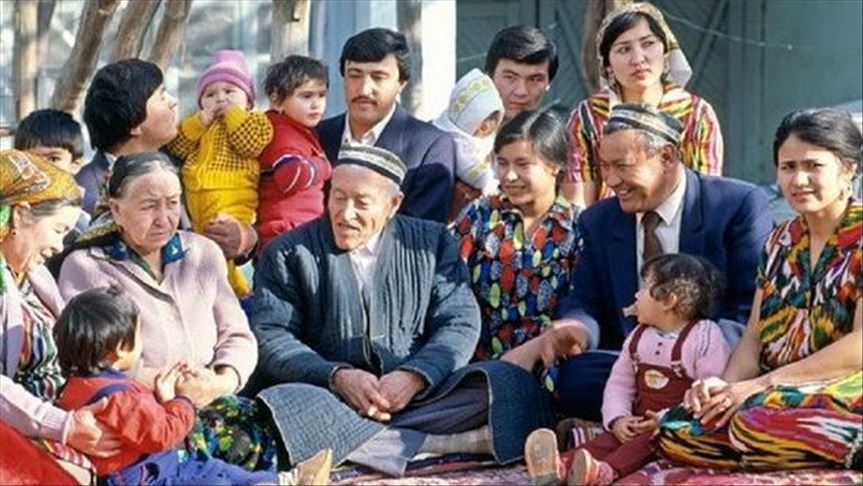Uzbekistan and Turkey Deepen Strategic Partnership
On 6 June, President of Uzbekistan Shavkat Mirziyoyev and President of Türkiye Recep Tayyip Erdogan signed a Joint Declaration in Ankara on deepening the comprehensive strategic partnership between the two nations. During the third meeting of the Uzbek-Turkish High-Level Strategic Cooperation Council, chaired by the presidents, Mirziyoyev emphasized that the establishment of the Strategic Cooperation Council “opened a new page in the history of Uzbek-Turkish relations and gave a powerful impetus to the further development of partnership in all areas.” It was stated that in recent years, trade turnover between Uzbekistan and Turkey has increased 1.5-fold, the number of joint ventures has doubled, and Turkish investments in the Uzbek economy has grown 2.5-fold. Ninety flights operate weekly between the countries’ major cities and the number of Turkish tourists in Uzbekistan has tripled. The two countries now aim to increase the volume of bilateral trade turnover to five billion dollars in the shortest possible time. Leading Turkish companies as Cengiz Holding, Aksa Energy, Çalık Holding, Akay Inşaat, Anadolu Group, Özgüven, and Eczacıbaşı Holding are currently implementing over 100 projects in Uzbekistan and during President Mirziyoyev’s visit, a portfolio of new investment projects worth $10 billion was formed. The agenda focused on strengthening industrial cooperation, deepening the localization of production of goods with high added value, and joint entry into the markets of third countries. Emphasis was also placed on the need to reduce customs tariffs within the framework of the Agreement on Preferential Trade and on the introduction of a trade mission of Uzbekistan in Istanbul. The importance of cooperation in increasing the transport and logistics potential of the two countries, including effective harnessing of opportunities of the Middle Corridor, was discussed. In recognition of his role in their countries’ allegiance, President Erdogan awarded President Mirziyoyev with the Order of the Republic; the highest state order awarded to foreign nationals by the President of Turkey. Thanking the president, Mirziyoyev announced: “It is a great honor for me to receive such a high award from the Republic of Turkey on the day of signing the Declaration on Deepening the Comprehensive Strategic Partnership between our countries. This award is a symbol of thousands of years of fraternal ties between our peoples, confidential dialogue at the highest level, as well as rapidly developing multifaceted bilateral relations.”
